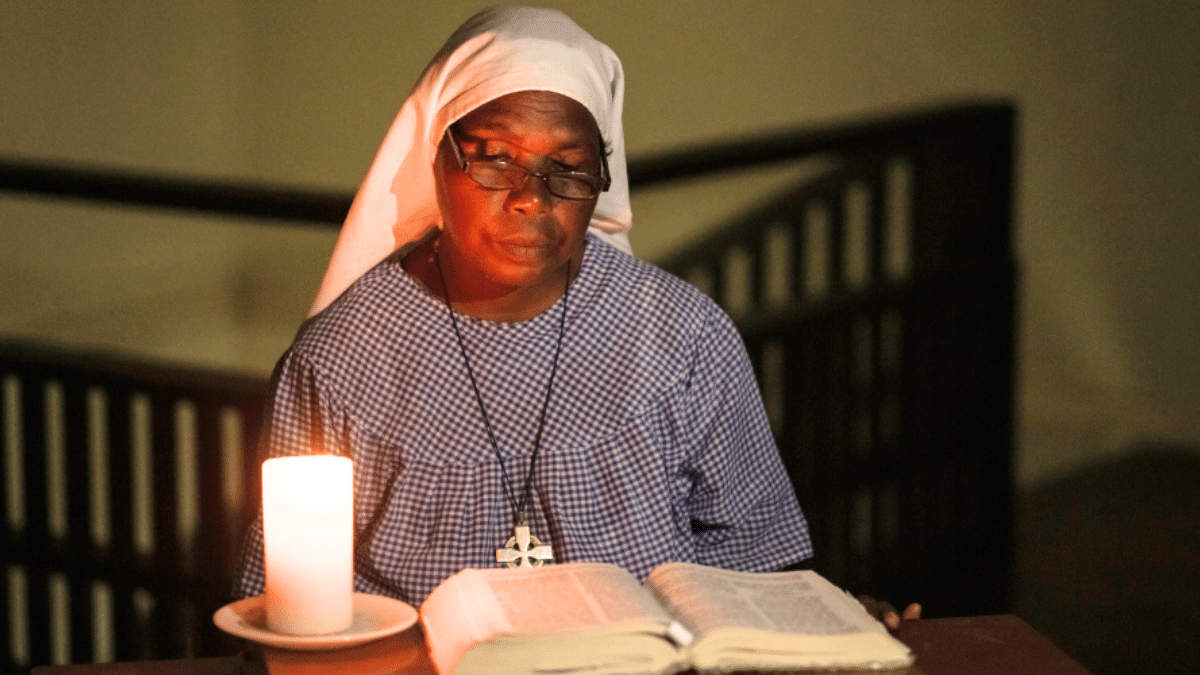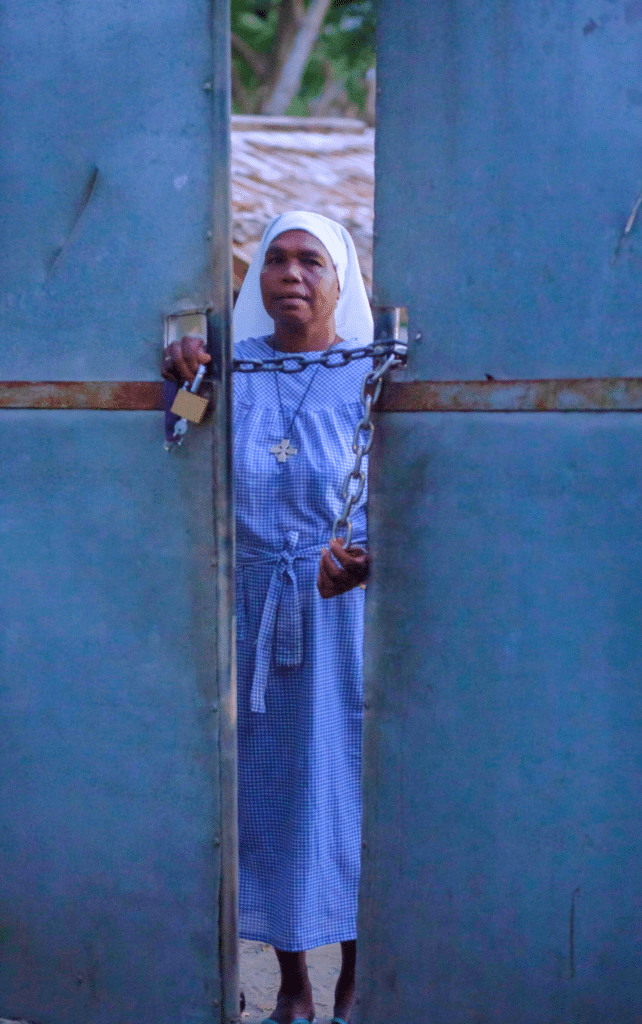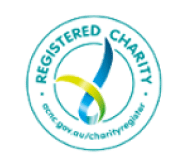
Equality
Sister Daisy
Sister Daisy serves through the Anglican Church of Melanesia, much of it supporting women who have endured violence. She shared with us how the sisters shine light into the lives of women in the Solomon Islands.
In the mornings and evenings, we pray with the women and girls. In the morning we come to talk with the women and welcome new mothers, new girls that have come. We tell them the rules of the place and how living is arranged.
Inside our daily routines, there’s always a sister who looks after the gate because calls come in all the time. The sister greets them at the gate and leads them to the welcome station. She goes through things and shows them the places they need to know and then takes her to the house and room she’ll be staying in, where she is given whatever needs to be provided for her. At night, we must stay alert for the gate. Some of the victims who have run away just walk in by themselves while others have transport from the police who bring them here.
We have four groups: St. Michael, St. Mary, St. Clare and St. Joseph. Sisters live in each house to easily be with them when they have hard times and need someone to help them. Two sisters look after a group, and we take turns cooking. Clients will write their names on a board and see who is responsible for looking after them in a group.
When we stay with the women, we continue to talk with them. We have time to talk with one, then another one. We take turns talking to them. We don’t just leave them alone altogether. Every day in their lives, we monitor them through our conversations with them. To help them, how they heal, how they understand their stay here.
Some mothers who have experienced issues in their homes come here and we try to maintain their lives. When they are unable to rest at night they come and wake us up. We wake to listen to their stories, why they cannot rest. We stay awake with them and listen to everything they have to say until they are satisfied with their sharing and can rest. Just like a doctor prescribing medicine, we sit and listen.
Sometimes this place will be filled with children that it looks like a family home. At times we have twenty children here and we look after them because their mothers are here.
The women can participate in Bible studies, sewing, arts and craft classes and learn about financial literacy. Some of the sisters introduced these things. They teach the clients and us too and sometimes officers in the church and volunteers come here to help with the programs too.
These trainings are to help them maintain themselves so that when they go home, they have skills and knowledge on things they did not know before, because in rural communities they only teach them to make gardens. When they come here, they have the time to do these things and dedicate themselves to learning. Some have said “When we come here our minds have been opened by the things we learn here, these are things we have not heard when we were at home.” Some have been victims all their lives, and their husbands have not allowed them a space to learn other things to dedicate themselves to or help themselves. It is only when they come here that they learn.
I have seen women leave here and live good lives, some now hold very important jobs in government ministries because these mothers are well-educated. It was from these things, this violence, that they were not able to reach their potential. When they come here, they leave and join some groups and tell them “We came out of CCC and it helped us, we have benefited from what we learned and carry those lessons with us.”

When women leave the centre and return to their homes, we do follow ups on their progress. We call them to check how they are, if they are alright or not. Sometimes they just want to talk about their lives, and we listen. They ask us for advice, and we give it to them, because when we do, it gives them strength to continue with their lives. We do not completely disconnect from the women that come here. When they meet us in town, they tell us “Sister, I am well now”, I tell them “Thank God, He is the one who made us”.
I would like to add, what I see in our work here, it is 24/7. Everyday cases come in and we follow up, what social welfare wants, what does Family Support Centre need, hospitals, and police – we sit with our clients at all these places every day. We enjoy this work; we stay positive with them and take them wherever they need to go.
I have been serving in the church over 26 years now, but I am happy. I see these women and I help. I enjoy working for the church like this. They come, we share with them, and we will all have joy.





